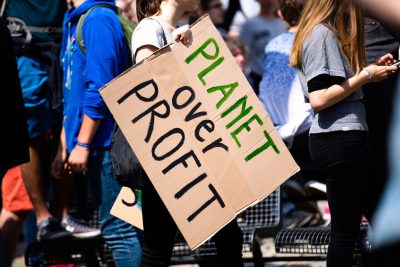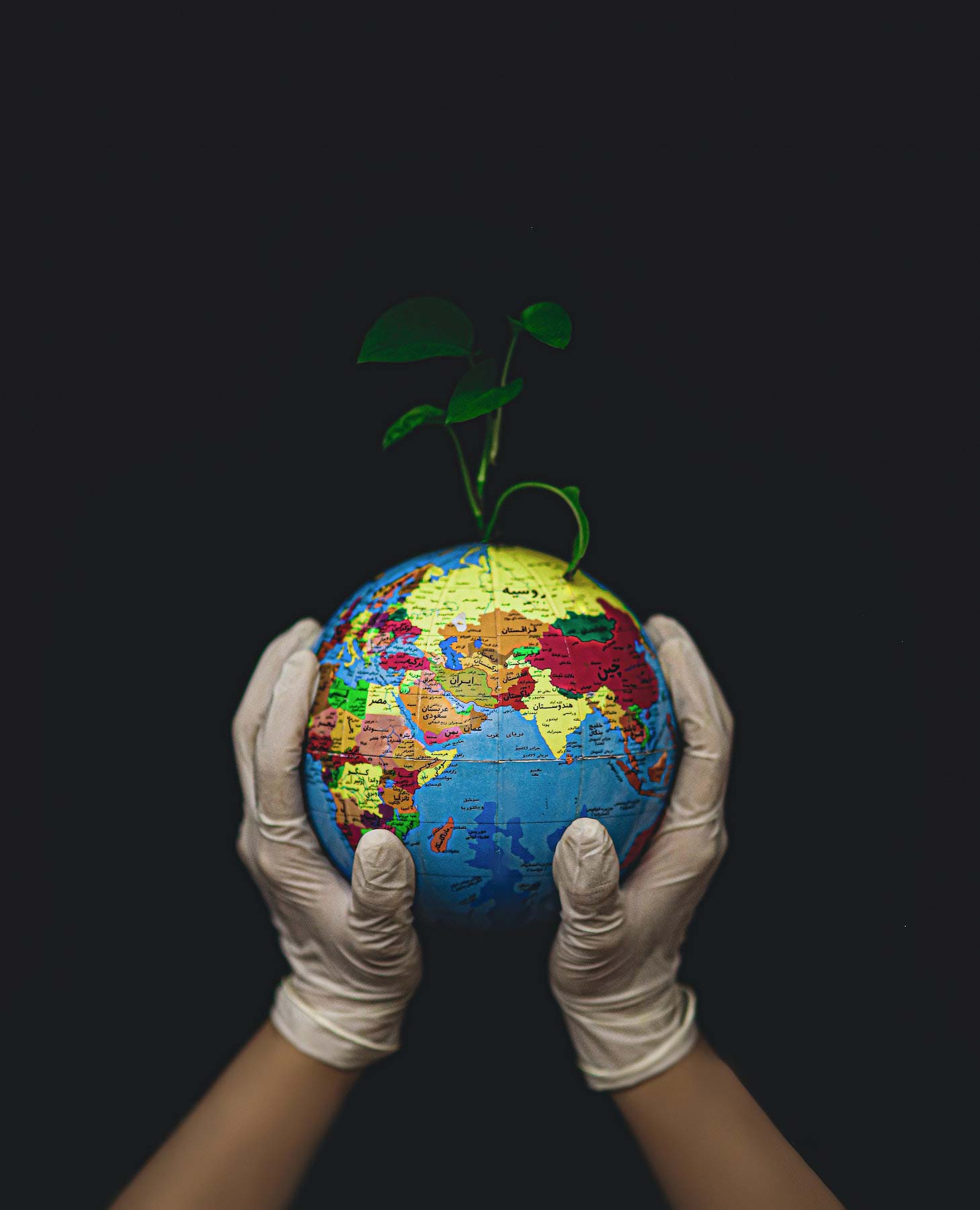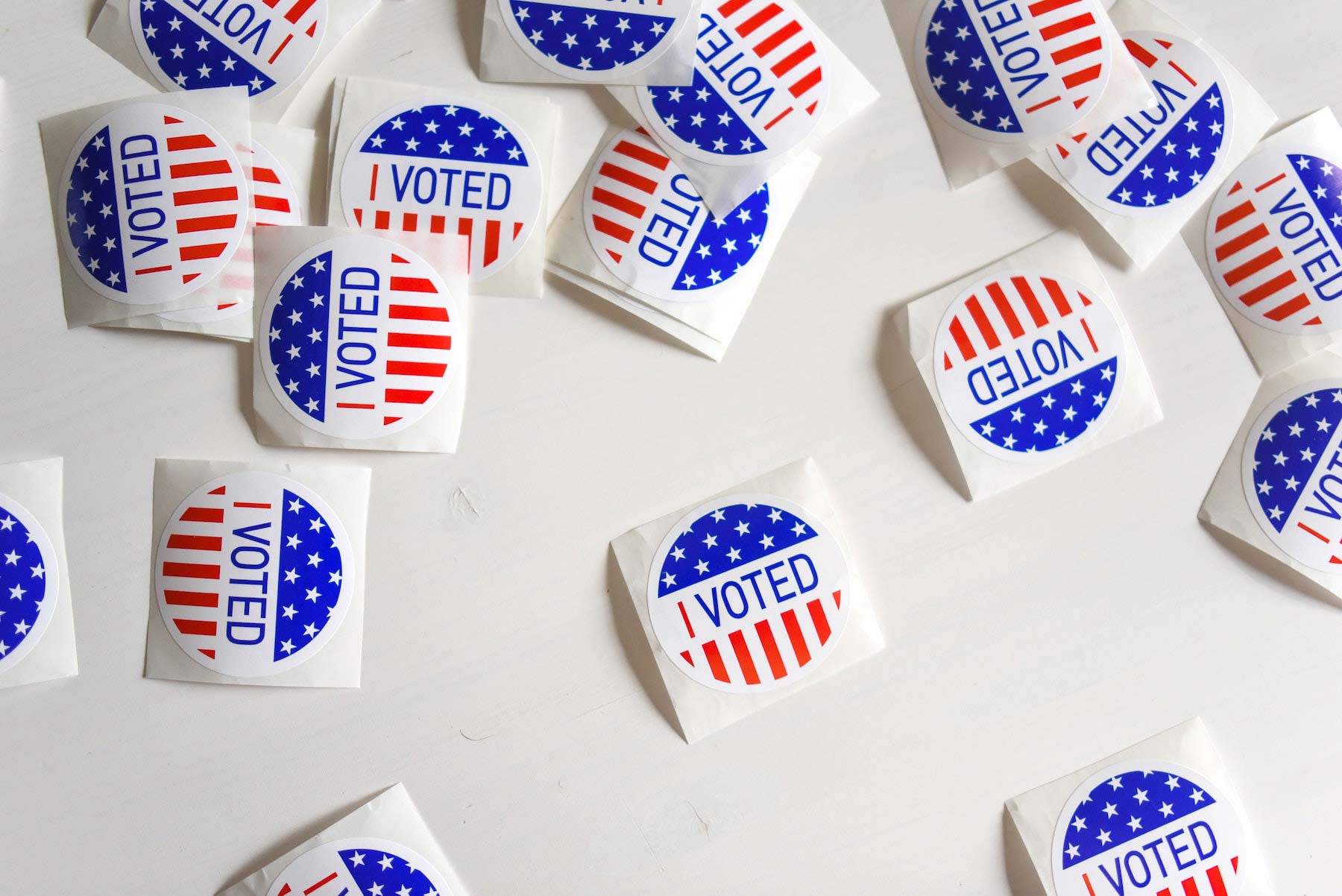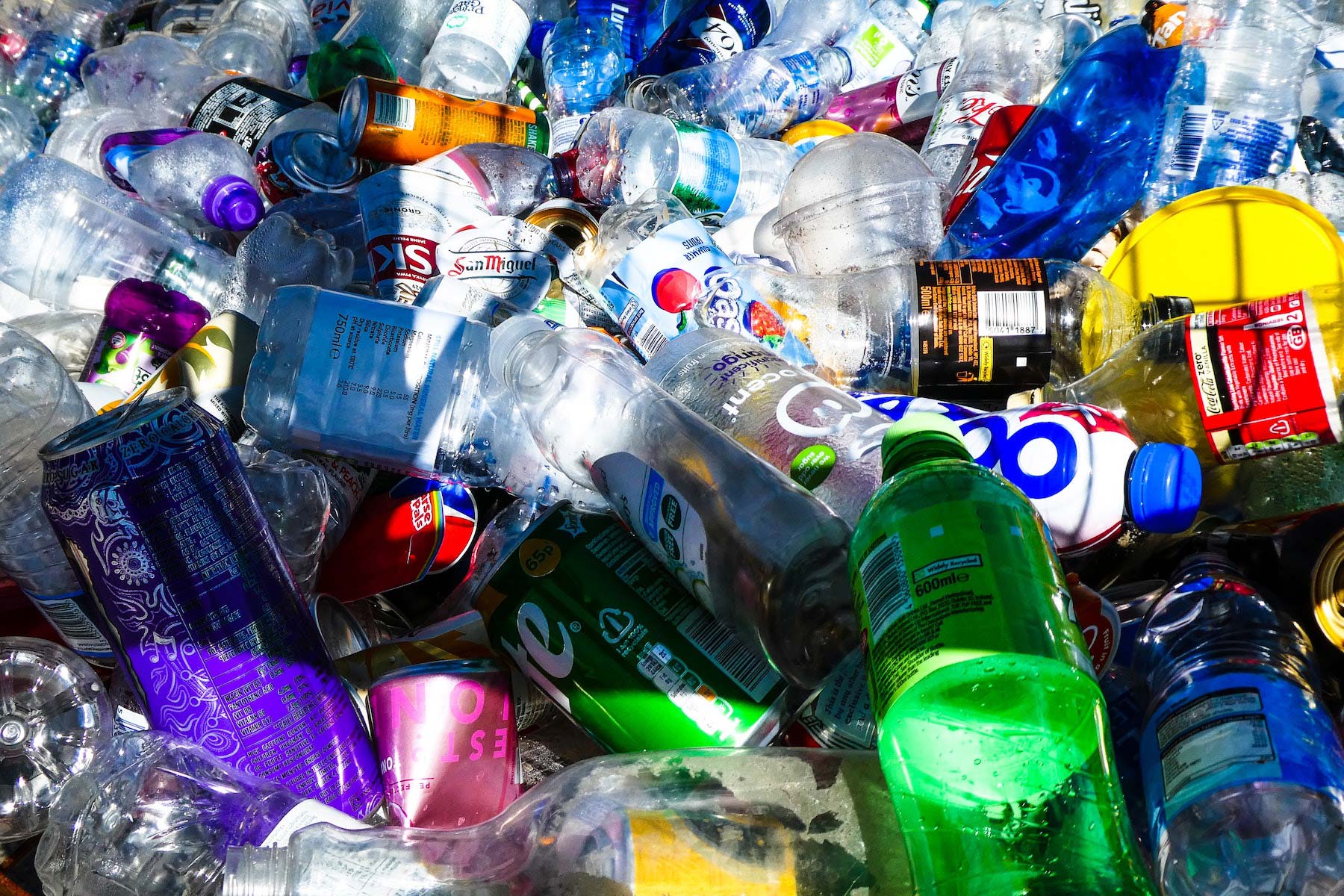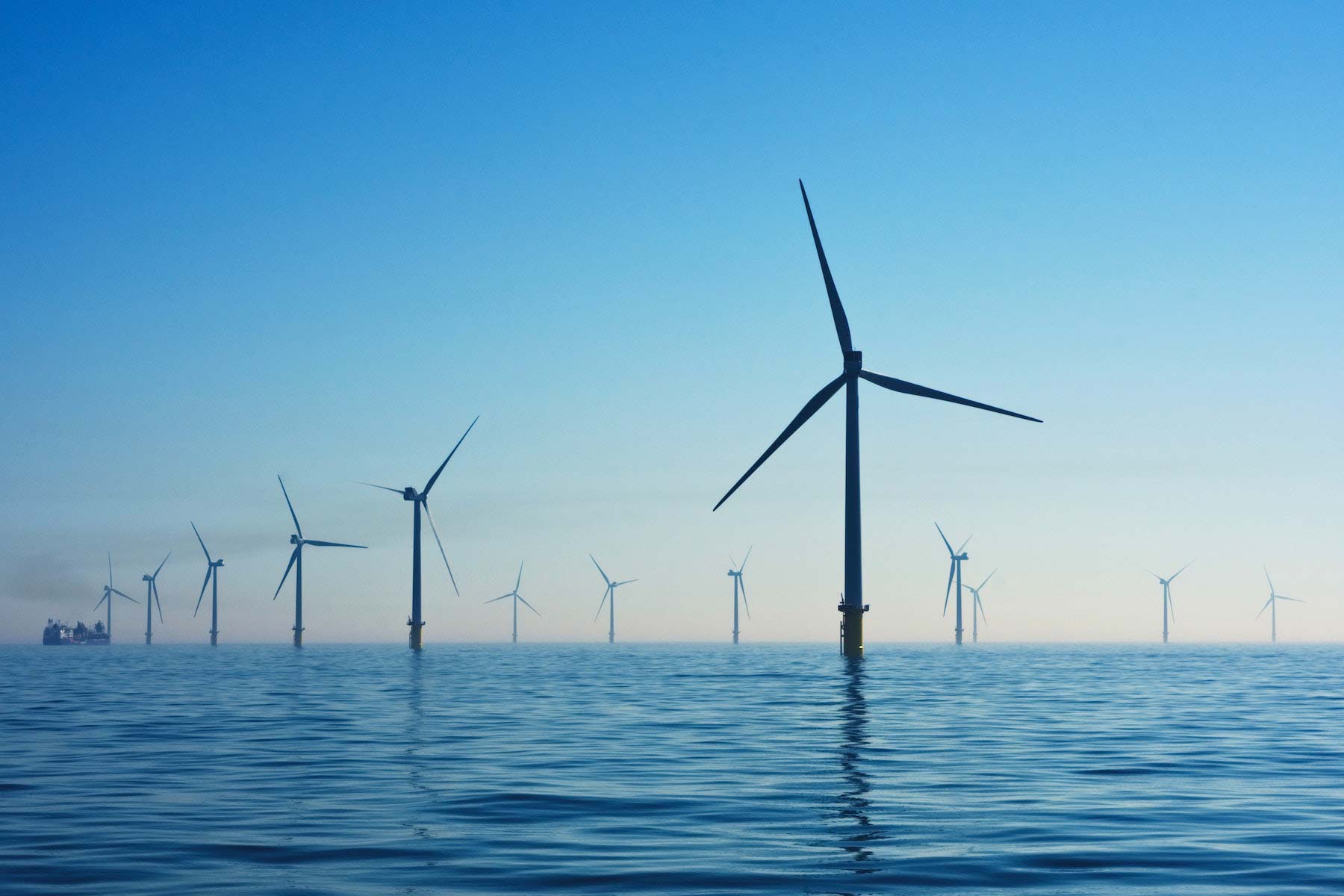Reading time: 10 minutes
Sometimes it can feel as if climate change is just too big of a problem for us as individuals to fix. But whilst there is so much change that needs to come from governments and business, individual change, no matter how small, is a vital tool in tackling climate change. Without individual change, there is no collective change, so why not lead the way?
Changing our own behavior, such as our diet, consumption habits, energy use and even the way we manage our money, is absolutely key, before we turn our attention to spreading our newfound knowledge and becoming a vocal activist.
How To Stop Climate Change
There’s no denying that stopping climate change is a big job, but the power to do so lies with collective change. It is easy to think that big businesses and governments need to step up to make meaningful change, and this is of course true, but remember they respond to the needs and wants of consumers, and that’s us.
The two key powers we have to stop climate change are our vote and our consumption choices. Our vote determines who is in power to make decisions, while our consumption choices influence demand for products, and therefore the produce businesses will offer. For example, if we collectively reduce our consumption of red meat, demand for red meat declines and meat companies will have no choice but to respond, perhaps by investing in more environmentally friendly, plant-based products.
Change Yourself First
Changing your own habits, in the right ways, before telling others how to do so is a key element of sustainable change. By setting positive examples, we increase the chance of influencing someone who needs a push in the right direction.
So where to begin?
Eat Plant-based Foods
Food systems are responsible for around a third of all global greenhouse gas emissions, and food products are something we consume at least three times a day. No foods are more planet-friendly than plant-based foods, and experts consistently back this up.
Oxford university professor Dr Marco Springmann states that the overwhelming majority of emissions from food come from meat and dairy, and to bring about effective change, we need to reduce our consumption of these products.
Journalist and environmental campaigner George Monbiot says changing our diet is one of the few individual changes we can make that really stacks up against the changes big businesses and government need to make.
The BBC food emissions calculator is a quick and simple way to establish how impactful our individual food choices can be. For example, eating a 75g beef portion (the average hamburger), twice a week equates to driving your car 1500 miles over a year. Tofu comes in at 32 miles. Nuts come in at 3 miles. You get the idea! Try it out with your food choices and see how much you could be saving with simple diet changes!
This excellent protein scorecard from the World Resources Institute shows the clear difference between plant-based and meat-based proteins, when it comes to emissions.
Get Informed To Vote
Voting is the other crucial choice we can make to fight climate change. Put simply, certain political parties are likely to do much more towards saving the planet than others.
Getting informed on political parties can be confusing but there are some simple things to look for:
- Left-leaning governments tend to focus more on environmental and social policies, but there is no clear-cut answer here. The best thing to do is to read a party’s manifesto and decide for yourself.
- See if a party has a history of being lobbied by environmentally unsustainable companies. This is sometimes hard to find out, but if a political party has a history of being lobbied by fossil fuels and meat industries, for example,, they may be less likely to implement meaningful policies that fight climate change.
- Check whether your party is committed to joining and contributing to global climate agreements, such as the Paris Agreement.
Join A Green Bank
Many of us wouldn’t associate our banks with environmental destruction. But banks are also investors, so they have the power to invest in environmentally friendly products, or not, in many cases.
There are a couple of ways we can ensure our money is not being used to destroy the planet.
- Move your money to an environmentally sustainable bank. The Good Trade has a great list of the best green banks available in the US. Another benefit is these banks are usually more local, community-focused institutions meaning they also have a positive social impact!
- If you are investing, make sure your money is in socially responsible investment funds. These funds will only invest in companies with sustainability standards, meaning your money will be invested in planet friendly industries like renewable energy. Check out these 7 socially responsible funds.
Recycle
The concept of recycling is not a new one, but it is surprising how many people still don’t bother. According to National Geographic a whopping 91 percent of plastics are still not recycled in the US. Plastic bags take between 10 and 100 years to degrade in landfill and hard plastics even longer. The result is often harmful chemicals and microplastics seeping into groundwater, which is devastating for marine life and human health, as well as wildlife getting trapped in or ingesting harmful plastics.
Plastics are also made from oil and the more oil we extract from the ground, the more captured carbon we release into the atmosphere. By recycling plastic, we can reduce the amount of oil extracted from the ground to make new plastic products. Aluminum cans take between 80 and 200 years to degrade but are exceptionally useful when recycled.
Whilst recycling is essential, adopting a plant-based diet can save around four times more greenhouse gases.
Rethink Your Consumption And Waste
Reduce, reuse, recycle. Three key components to rethinking your consumption and waste habits. In an age of consumerism, it can be hard to break out of environmentally damaging habits, but there are plenty of achievable things we can do.
How about reducing our meat and dairy consumption, or ideally eliminating it all together. Or if you’ve already done this, how about thinking about how far your food has travelled?
Buying second-hand clothing is not only sustainable but also fashionable.
Recycling seems like it has been around forever, but astonishingly, only 9 percent of plastic in the US is recycled.
There are endless things we could all change, but fundamentally, shifting our outlook to one that prioritizes sustainability over convenience is the key.
Save Energy
Until energy systems are 100 percent renewable, saving energy means fewer fossil fuels being burned. Also, by reducing demand for energy, we open up potential for renewable energy usage, as high demand often means fossil fuels being burned to ensure that demand is met.
There are countless things we can do every day to reduce our energy consumption at home, from low power light bulbs to properly insulating our homes. Endesa outlines 10 easy ways to shift our energy usage to combat climate change.
Save Water
The most effective way to save water is to stop eating meat. A mere six ounces of beef requires over 600 gallons of water to produce. This is, on average, between six and 20 times more than plant-based proteins.
Shorter showers, turning off the faucets, washing your car less and doing the laundry only when really necessary are all great too. Friends of the Earth outlines more ways you can save water at home.
Use Renewable Energy Source
Fossil fuels are terrible for the planet and are inherently unsustainable. It is inevitable that renewable energy sources will be the future and the more people that demand them now, the sooner that future will come.
We can do a couple of things to achieve this:
- First and foremost if we have the space and the financial capability, we can use solar panels, or a personal wind turbine to produce our own power. Look out for government subsidies to do this. It’s not only better for the planet but can be financially beneficial too!
- If producing your own energy is not possible, look for an energy provider that prioritizes renewable sources. This list is a great starting point for finding a new, more sustainable utility company.
- Lastly, you can invest in energy companies that are building new renewable sources of energy in your country!
Use Sustainable Transportation Only
There are many different ways we can travel sustainably. When buying a new car, think hybrid or electric – the infrastructure for electric vehicles is growing rapidly and the more people who buy them, the more investment will come!
Fot city slickers, public transport should always come first. Better still, dust off your old bike, roller skates or skateboard and go completely emissions-free!
The key aim here is to reduce the amount of fossil fuels we burn when travelling. Sometimes this is unavoidable of course, but we can all do our bit to travel a little more sustainably.
Stand Up And Talk About It
Our voices can be our most powerful tool when it comes to fighting climate change, particularly when used collectively. It is so important that our collective voice is used effectively and sustainably.
Be Politically Active
Aside from our consumer purchasing power, our vote is by far the most powerful tool we have to drive change. It is important then to engage in the political conversation and be aware of which party and individuals represent the most effective fight against climate change.
Once we understand this, we can also be well prepared to have constructive political conversations with those who might disagree with our point of view – only then can minds be changed effectively.
Donate To Fight Climate Change
There are over 460 nonprofits dedicated to environmental causes in the US alone, so it can feel overwhelming when deciding where to put our donations.
A good place to start can be identifying an area that is personal to you. For example, going vegan is one of the most impactful things we can do to fight climate change, so perhaps donating to a vegan organization might be the best for you.
If you don’t have an area you are interested in, this article from Vox outlines some of the organizations where your money will do the most good.
Fight Against Disinformation
With the advent of social media, disinformation has become more common than ever and must be fought at every opportunity. Social media companies are beginning to take a harder line on disinformation, so the best thing we can do is flag examples.
Peer-reviewed data is the benchmark when it comes to information. So, when reading any article, look to see if their references are included and if so, they are from reputable, peer- reviewed sources.
From a personal perspective, always remember that individual voices on social media are not facts, just opinions. This is a key distinction.
Join Youth-led Movements
Greta Thunberg has shown us all the power of youth voices. After all, young people will inherit the planet we are currently destroying, so it makes sense that they should be the ones leading the way.
In a world where politics and business is dominated by older generations, youth-led movements are absolutely key in representing the needs of the future. Connect 4 Climate outline all the youth-led movements we can support.
Talk About Climate
For some it is a difficult topic to talk about as it can feel too big a problem for us to solve, so often we end up avoiding it altogether. But as we have established, our voices are one of our most powerful tools in fighting climate change. The more conversations we have, the more chance of someone walking away with a renewed perspective on how they can fight the issue.
Conclusion
Fighting climate change is a big job, but it is something we can all collectively contribute to in our daily lives.
Going vegan, recycling, green banking, saving water and saving energy are all fantastic ways of fighting climate change individually. Just as important is the power of our collective voice, so joining movements, being politically active and having positive conversations about climate change are key.
So, use your vote wisely, consume responsibly and join the fight against climate change!
